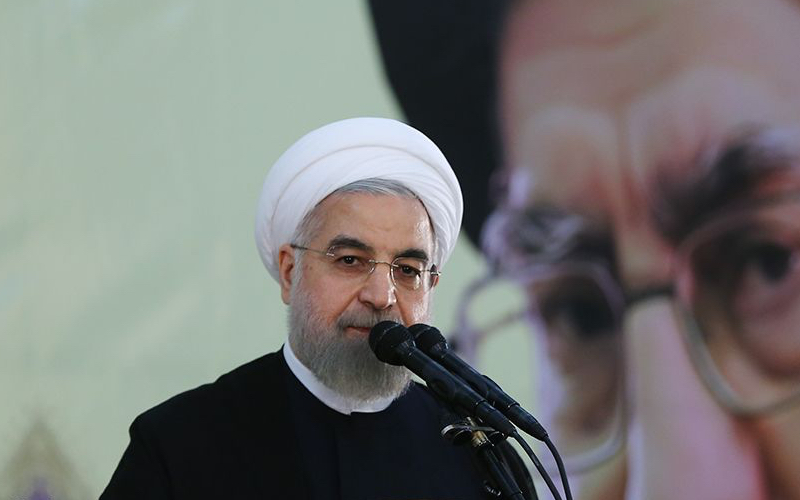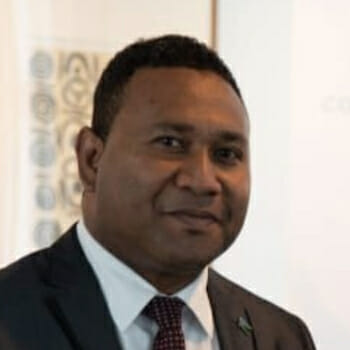
Iran’s Deterrence Power: The Nuclear Agenda
The greatest fear for Western powers is Iran’s ability to produce nuclear weapons. The West fears a nuclear Iran that will be even more hostile to Western interests and potentially equip terrorist groups with nuclear technology. Iran is viewed through the prism of past acts, a threat to the stability of the Middle East, international order and to the national security of many Middle Eastern countries and to Western allies. Iran has responded by assuring the international community that its nuclear program is purely for peaceful purposes, to conduct research and to generate nuclear power (electricity). As viewed through past interactions, Iran’s response is not viewed as credible.
The US and its allies demand that Iran prove that its nuclear enrichment is not directed towards proliferation of nuclear weapon’s capability. To achieve this, Iran must open all nuclear facilities including Military areas for inspection by international scientists.
Previously, UN inspectors were allowed into Iran to inspect some of the sites declared by the Iranian government, however in May 2015; the Iranian Supreme leader drew a line, declaring that no inspection will occur in several facilities. This is a sovereign decision based on a logical national security perspective; no one would allow anyone to freely inspect their military facilities especially those that housed their strategic capabilities.
The P5 +1 negotiations are not going anywhere because national interest trumps all else in seeking a possible consensus. It is obvious that China, Russia, US, France, Britain and Germany have different views on the issue. This weakens the P5+1 initiative while giving the advantage to Iran.
The core question left for the US and its allies is, how Iran will prove to the world that it doesn’t have nuclear weapons. For the Iranians, the question is how the Western powers and the international community can believe they do not have nuclear weapons. This contradiction kept the hidden agenda in its safest mood. For Iran, it’s not a “give” and “take” issue, but a “give” and “loss” situation. Therefore Iran is trying to minimize the possibility of losing its advantage by weighing its “gives” so as to get some “take” through the negotiation process.
From a strategic point of view, the ambiguity of the agenda becomes the deterrent power for Iran, and in order to maintain this deterrent power, Iran will respond differently to some aspects of the negotiation process, so as to keep the assumption going (that they have weapons). A confirmation of no weapons or nuclear capability gives the total advantage to the Western powers and their allies, and it weakens Iran’s accelerated deterrent that was put into motion. The greatest fear for Iran is not possessing nuclear weapons, but an invasion from the US and its allies.
Therefore, Iran must continue to maintain the acceleration of this vacuum of deterrent (having nuclear weapons) towards the Western powers.
In other words, Iran is taking an indirect approach compared to the direct stance taken by North Korea in threatening the West with its nuclear capabilities. Both approaches deter aggression and the appetites for war. On the downside, this approach is not very safe as it calls for a scenario of a pre-emptive strike by the West.
From a realist point of view, Iran might possess nuclear weapons to balance the threat from Israel who also possess nuclear weapons. Iran might also wish to protect its Shiite population from the surrounding Sunni Arab countries. However the message that Iran wishes to convey to the international community is a differentiation between nuclear capability and weapons capability. The West does not distinguish between nuclear capability and weapons capability. For the West, it’s clear; the chain starts with the former and finishes with the latter.
If politics is politics, we must look at all avenues to make a connection to that issue. We tend to understand that Iran’s evolvement into its present society is the reason for this agenda. The West has focused on Iran following the revolution that overthrew the Shah and it remains in the spotlight. Therefore for the West, the nuclear agenda seems to be an excuse; but the heart of the issue is regime change.
President Kennedy once said that Israel’s possession of nuclear weapons will press the button for a Nuclear Middle East region, a scenario that this conflict torn region will not want to see. Certainly, Iran will not give in to all conditions proposed by the West; however their extent will be limited to the line drawn by their deterrent motion. In this, the vacuum created to answer the question of Iran’s nuclear and weapons capability will remain as Iran’s powerful deterrent factor. The West’s hidden agenda will linger on.
